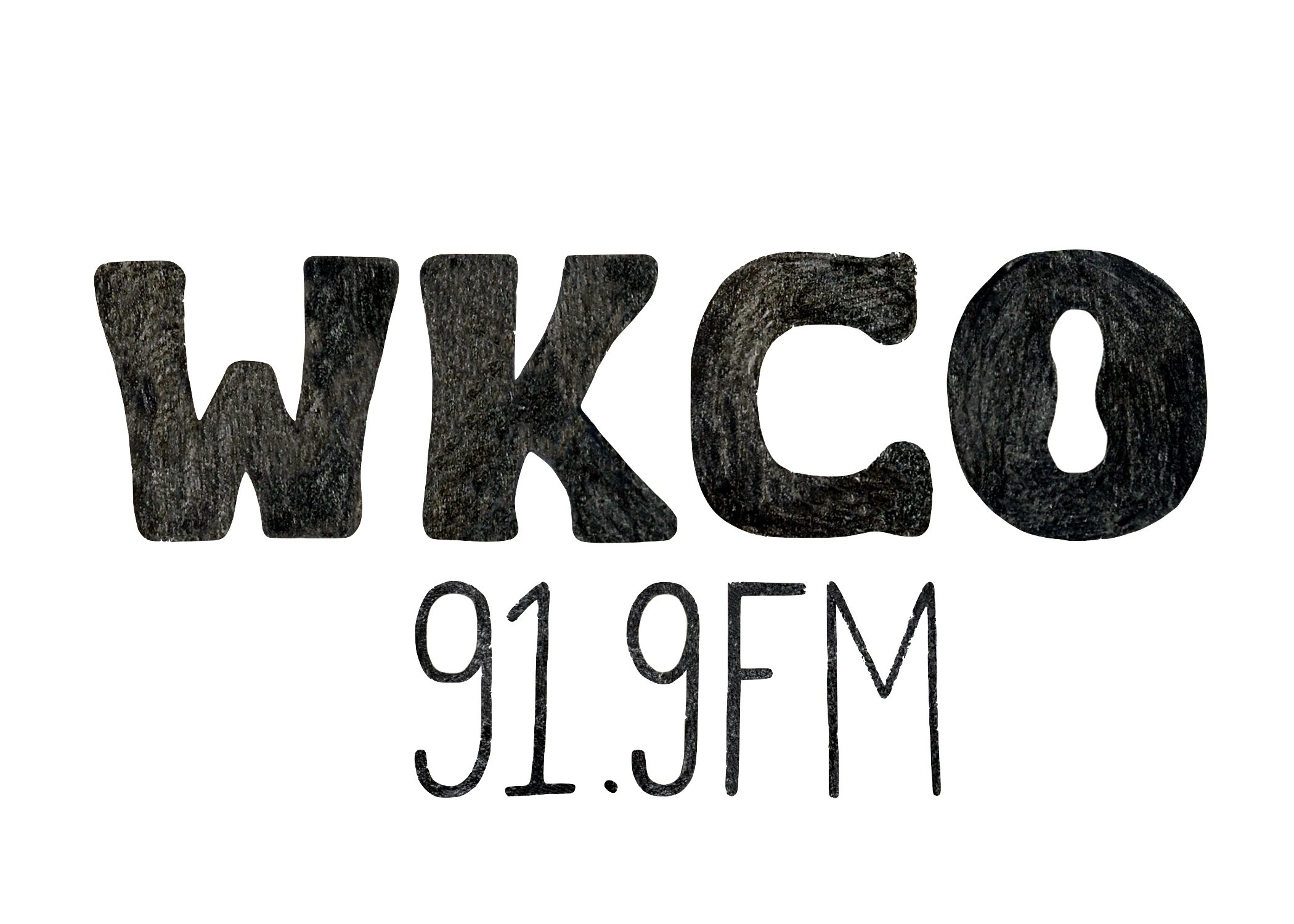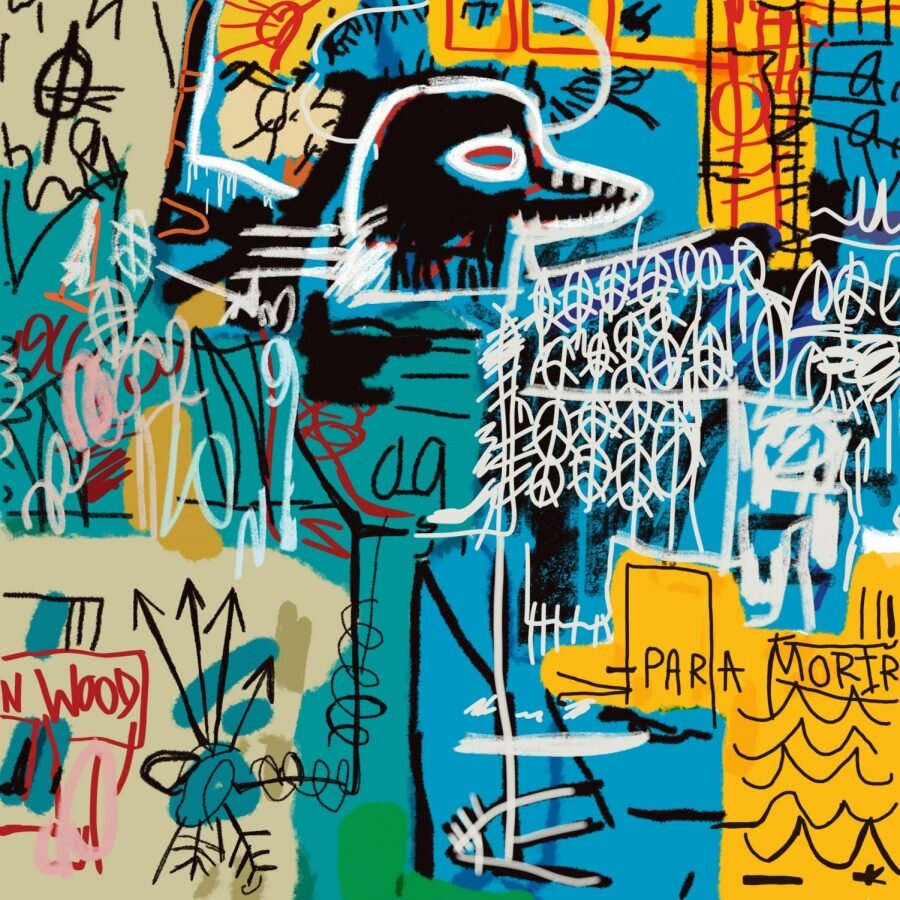"The New Abnormal" by The Strokes
After four years on hiatus, The Strokes came out with a full-length album dripping in 80s influence and heart-wrenching poetics. Despite past tensions between the band and their record label, RCA, they remained signed to the label and took their sweet time on these nine tracks. The New Abnormal was much anticipated by their cult following, and with good reason.
The Strokes have been an exceptionally influential and treasured band throughout my young adult life. I had been excited about their next project too, after the success of their 2013 album, Comedown Machine, and subsequent 2016 EP, Future Present Past. In the context of their discography, The New Abnormal shows that The Strokes’ style has not evolved astronomically since these two projects. As Rolling Stone keenly quotes from LCD Soundsystem’s James Murphy, The Strokes’ “borrowed nostalgia for the unremembered Eighties” is still deeply ingrained in their drilling guitar lines, crooning synths, and dreamily heartfelt melodies. Though they’ve stayed true to the style that awarded them their fame and acclaim, the album still explores sadness and aging in a much more overt way than in previous work.
The New Abnormal has a range of danceability in the tracklist, yet sticks to a relatively somber lyricism. The first song, “The Adults Are Talking,” fits neatly into their aesthetic, borrowing bits and pieces from the Comedown Machine hit, “One Way Trigger.” The vaguely gritty production and heavy use of distortion creates a good give-and-go with Casablancas’ resiliently charming vocals. He suggests failure and strength specifically towards the end of the tune, as he’ll, “get it right sometime, maybe not tonight.” A strong and speedy introduction to the album, “The Adults Are Talking” reads as a tongue-in-cheek reminder of his own aging. However, the outro is almost entirely irrelevant to the track, especially on top of an (arguably) lazy fade-out. After dozens of listens, I find myself consistently skipping the last 30-or-so seconds.
“Brooklyn Bridge to Chorus” was heavy with synth and rhetoric. The opening synth reminded me of the organ work in experimental pieces as early as The Doors’ 1969 lead single “Touch Me.” I felt like I was allowed to listen in on Casablancas’ internal dialogue each time he paused to speak. The dialogue blended a thoughtful integration of self-awareness in his knowing references to the “80s bands” and “80s songs.” As one of the singles from the album, I found “Brooklyn Bridge to Chorus” a strong leader holding decent depth, hinting to his divorce, past, and future. “Selfless” and “Why Are Sundays So Depressing” both seemed to fit into this formula; upbeat enough to enjoy and bounce around to on the surface, with somber moments of grounding poignancy underneath.
My favorite local radio station, 107.1 The Peak, has been playing “Bad Decisions” on repeat since its single release. Every single time it starts, I think I’m about to hear “Melt With You” by Modern English. Though proven a successful radio-ready tune for The Strokes, the repetitive chorus exhausts my interest. The bridge guitar work felt reminiscent of their early-2000s work, and I think the track would’ve slipped into Room On Fire with ease. Again, the outro gets on my nerves, and pushes redundancy over the top. Perhaps I’m biased because I’ve heard this song too many times, but I found it boring after so many listens, especially when it reads as a ripoff of Modern English’s iconic 1982 hit.
Though The New Abnormal holds its fair share of memorable and springy tracks, among the less standout were “Eternal Summer” and “At the Door.” To Casablancas’ credit, he manages to churn out fresh falsetto zingers time and time again. Still, the former felt like a fusion of David Bowie’s 1983 album Let’s Dance and The Psychedelic Furs’ 1984 popular favorite “Ghost In You,” emphasized when Casablancas shouts the word “psychedelic” in the chorus. I found this to be one of the weaker tracks on the album, using less originality than the band is capable of. The latter was simply lackluster.
The final songs on the album read as the most heartbreaking. “Ode to the Mets” sounded alluringly familiar to me on first listen, and I found it bore remarkable resemblance to Clairo’s “Sofia.” This lullaby of lost love serves as a microcosmic finale to their well-anticipated comeback. Overall, I found the album to lean into the band’s sadder side, with less of the spunk tokenized on their polarizing Comedown Machine, and even Angles. I liked this album, but I wanted to love this album. I appreciated the resurgence of 80s influence, yet, found that the redundancy weakened this album. As much as I adore The Strokes and will always attest to their historical occupation of the genre, I wish they strived for more variance in style between titles. The band’s hesitance to push boundaries makes me crave distance between The New Abnormal and the rest of their projects.
If you liked this album, you might also like: Either Light by Vundabar, Juju by Siouxie and the Banshees, and Get Out the Lotion by Low Cut Connie.
– Giulia Cancro

